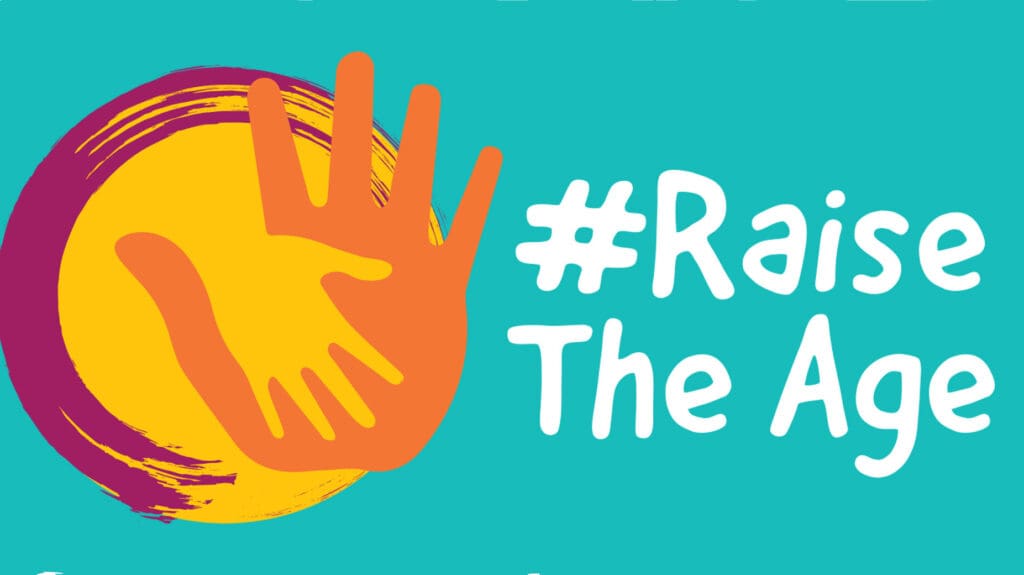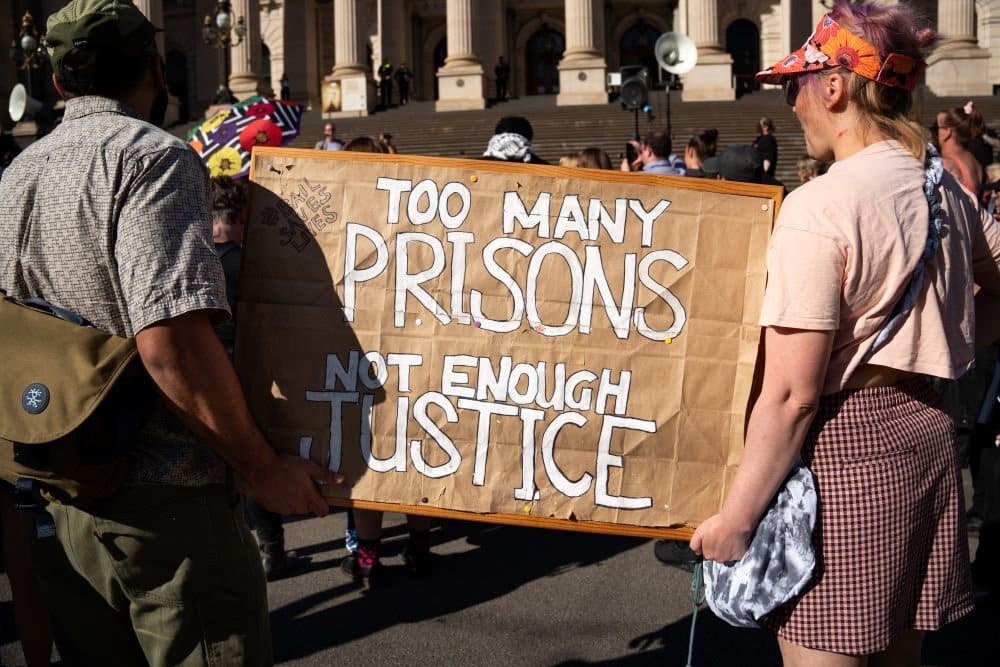Close to 1 million strip searches in 5 years in Western Australia
People in prison in Western Australia were subjected to close to 1 million strip searches over the past 5 years, a shocking report by the Independent Inspector of Custodial Services has found. The Inspector has today called for an end to routine strip searches, calling them “pointless, repetitive and dehumanising” given the harm caused and the extremely low rates of prohibited items detected.
Ruth Barson, Legal Director at the Human Rights Law Centre, said that the rates of strip searches performed in Western Australia are jaw dropping.
“The McGowan Government should be horrified by this report. Routine strip searches are invasive, traumatic and entirely unnecessary. Being forced to remove every last item of clothing, again and again, strips people of dignity. Premier McGowan should today commit to changing the law to put an end to routine strip searches.”
The Inspector’s report also found that:
-
374 children (half who were 4 or younger) in the past 5 years were strip searched before visiting family in prison, with no items of contraband found.
-
Strip searching is excessive, with 97% of strip searches being routine and not triggered by any reasonable intelligence or suspicion.
-
Strip searching is ineffective, with contraband only located in 0.06 per cent of strip searches (most of which was low level, not involving drugs or weapons).
-
There is no evidence that strip searches act as a deterrent. Reducing or eliminating strip searches does not increase the amount of contraband.
-
Strip searching powers are abused by some prison staff and can be used to punish and control people in prison, rather than locate contraband.
-
Western Australia’s practices breach the UN rules that stipulate strip searches should only be performed when absolutely necessary.
Peter Collins, Director of Legal Services at the Aboriginal Legal Service in Western Australia, said there is no justification for excessively strip searching prisoners.
“Routine strip searches cause enormous harm. People in prison should not have to be strip searched before seeing their children, going to the doctor or going to court. In this day and age, there is simply no reason to subject people to the humiliation of being routinely and regularly strip searched.”
The UK, the ACT and Victoria have changed their policies to recognise the harm caused by routinely strip searching women. Now, a strip search is only conducted where there is a reasonable suspicion that a woman is concealing contraband, and after less intrusive methods, such as pat-downs, scanners and x-rays, have been exhausted. In other words, strip searches are only used as an absolute last resort, rather than being routine.
Strip searches are particularly traumatising for women, given 70–90 percent of women in prison have experienced family violence, sexual abuse or trauma.
Vickie Roach, an Aboriginal woman and activist, who is a survivor of family violence and was previously imprisoned, said forcing women to strip naked in front of two guards undermines women’s sense of self-worth, the very thing they need to rebuild their lives.
“There is no evidence-base for strip searches. They only serve to degrade and humiliate and assert control over our bodies, our naked bodies. We should be helping women to heal, not harming them further.”
Western Australia’s prison population:
-
There are around 7,000 people in prison across Western Australia.
-
Western Australia has the second highest imprisonment rate in Australia, after the Northern Territory.
-
Aboriginal and Torres Strait Islander people are 30 percent of the prison population.
-
Women are 11 percent of the prison population.
-
28 percent of the prison population are on remand and have not been convicted or sentenced.
Media contact:
Michelle Bennett, Human Rights Law Centre, Director of Communications: 0419 100 519
Photo: Mahala Strohfeldt ©Change the Record Coalition.

ACT becomes first jurisdiction to raise the age to 14 while the rest of the country lags behind
Change the Record and the Human Rights Law Centre welcome the ACT raising the minimum age of criminal responsibility to 14, and call for all Australian Governments to raise the age to at least
Read more
Crisafulli Government’s shameful adult sentencing laws will harm kids, families, and communities
The Human Rights Law Centre and Change the Record have slammed the Crisafulli Government for passing laws that will sentence even more children to adult-length terms of imprisonment. The laws will lock up children for even longer, and harm kids, families, and communities.
Read more
Aboriginal human rights experts take Australia’s racist youth justice policies to the UN
Aboriginal leaders are calling on the United Nations to take urgent action to address Australia’s discriminatory and punitive youth justice policies
Read more



